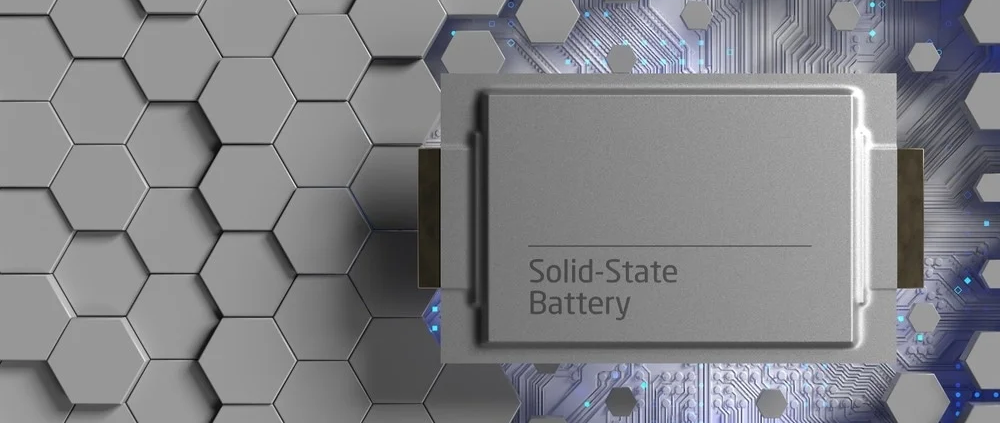Will Solid-State Batteries Replace Lithium Batteries in Golf Carts? A Forward-Looking Analysis for Today’s Smart Buyers
Introduction: After Lithium, What Comes Next?
Lithium-ion batteries—especially lithium iron phosphate (LFP)—have become the clear favorite in modern golf cart power systems. Their higher energy density, longer cycle life, and reduced maintenance needs have made them the preferred replacement for lead-acid batteries.
But as battery technologies continue evolving, a new contender is gaining attention: solid-state batteries (SSBs). These batteries offer the promise of superior safety, energy efficiency, and power density—all highly attractive features for electric vehicles.
So, could solid-state batteries one day replace lithium batteries in golf carts?
This article explores the potential, limitations, and realistic expectations surrounding solid-state batteries in the context of golf cart applications.
⚙️ What Are Solid-State Batteries?
Solid-state batteries replace the flammable liquid electrolyte used in conventional lithium-ion batteries with a solid electrolyte—made from ceramic, sulfide, or polymer materials. This shift unlocks several potential advantages:
| Advantage | Benefit for Golf Cart Applications |
| ✅ Higher energy density (up to 400 Wh/kg) | Longer driving range with smaller, lighter packs |
| ✅ Non-flammable and thermally stable | Safer for outdoor use in high-temperature areas |
| ✅ Wider operating temperature range | Reliable performance in hot or cold weather |
| ✅ Extended cycle life | Less frequent battery replacements and lower lifecycle cost |
These features seem perfectly aligned with golf cart needs—but can solid-state batteries actually deliver in this environment?
🏌️ Why Lithium Batteries Remain the Smart Choice (for Now)
While solid-state batteries look impressive in lab results, lithium-ion technology—particularly LFP—is still the most practical, cost-effective, and readily available solution for powering golf carts today.
📖 Recommended Reading:
👉 Golf Cart Battery Technology: Understanding the Shift to Lithium and What It Means for You
Understand how lithium batteries became the mainstream choice for golf carts and why the shift away from lead-acid is here to stay.
💰 The Cost Barrier: Solid-State Is Still Too Expensive
Currently, solid-state battery production faces significant challenges:
- Manufacturing thin, stable solid electrolytes
- Preventing lithium dendrite formation
- Scaling up for cost-effective mass production
In 2025, the cost per kWh of solid-state batteries is still 3–5× higher than that of LFP batteries. For a golf cart requiring a 2–5 kWh pack, this premium is not justified—especially in a market sensitive to upfront pricing.
⚠️ Real-World Limitations: Why SSBs Aren’t Ready Yet
Despite promising lab results, solid-state batteries have yet to overcome several key barriers in practical golf cart applications:
| Limitation | Impact |
| Lower power output (for some chemistries) | May struggle with hills or sudden acceleration |
| Rigid structure | Less flexible integration into small form factors |
| Slower charging speed | Not ideal for frequent-use operations |
| Limited supplier base | Difficult to source for production today |
These issues currently make solid-state batteries commercially unfeasible for golf carts—despite their appealing specs.
📈 Market Outlook: What to Expect Over the Next 10 Years
Based on industry roadmaps and R&D momentum, here’s what a realistic timeline may look like:
2025–2027:
- SSBs debut in consumer electronics (earbuds, smartwatches)
- Prototypes continue in automotive R&D environments
2028–2032:
- Gradual deployment in premium EVs and lightweight electric platforms
- Limited trials in low-speed EVs like golf carts or autonomous carts
2032 and beyond:
- If manufacturing costs drop and reliability improves, wider commercial adoption in golf cart applications becomes possible
✅ What Smart Buyers Should Do Today
If you’re evaluating battery upgrades or new golf cart purchases today, here’s the bottom line:
- ✅ Stick with high-quality lithium (LFP) batteries for proven safety and performance
- ✅ Focus on selecting battery solutions with robust BMS, warranty support, and integration compatibility
- ✅ Monitor solid-state developments—but don’t wait for them to be ready
📖 Recommended Reading:
👉 How to Choose Top-Rated Lithium Golf Cart Batteries: A Practical Guide
A step-by-step guide to selecting the right lithium battery based on capacity, chemistry, safety features, and long-term reliability.
🏁 Conclusion: A Promising Future, But Not Quite Yet
Solid-state batteries have huge potential—but for now, they remain an exciting future technology rather than a present-day solution for golf cart users.
In the meantime, lithium batteries remain the smartest, most reliable choice for performance, value, and peace of mind.


